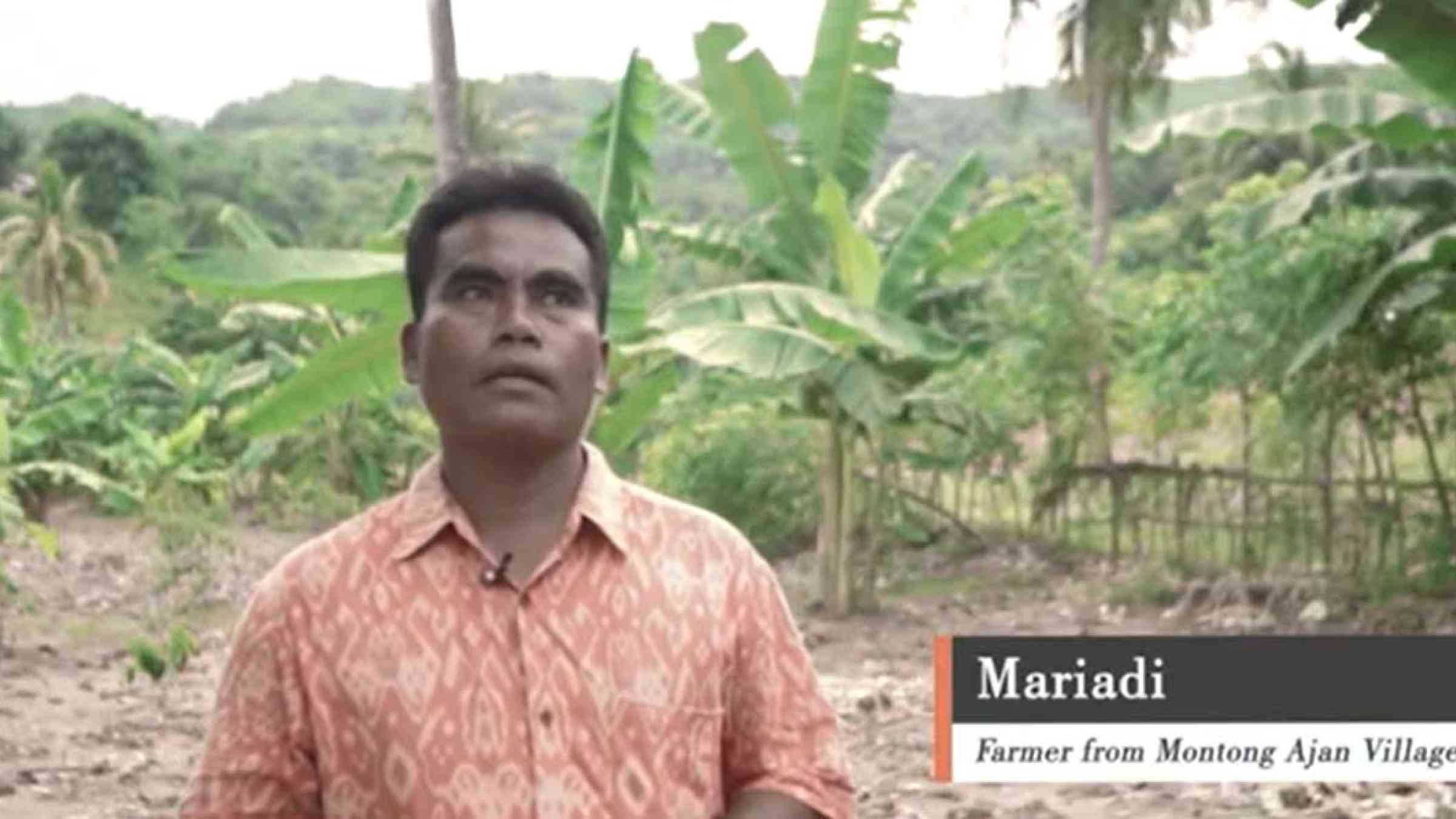Increasing crop production and reducing disaster risk through climate smart agriculture digital technology
Exposure to natural disasters and changing weather patterns caused by climate change are making it harder for farmers in Indonesia to provide their families with adequate levels of food security and a decent household income.
Rural communities bear the brunt of protracted droughts, and extreme and unpredictable rainfall result in a compromised natural resource base and a reduction in resilience to cope when disasters strike. Rains increasingly do not arrive at the expected time; or at other times they arrive in the form of severe weather events resulting in catastrophic flooding and landslides that damage or destroy agriculture land and essential infrastructure.
To assist farmers faced with these conditions, World Neighbors and the Institute Technology Bandung have developed climate smart agricultural digital technology, which is helping rural communities adapt their farming cycles to the changing climate and to be better prepared for potential hydrometeorological disasters.
These digital tools provide short weather and long-term climate forecasts, together with guidance on adjusting crop and agricultural cycles to match the conditions. The information is detailed down to the village level, giving farmers critical information on when, where, and how much rain will fall, the opportune time to plant and what type of crops are most suitable for the conditions.
The Android and Windows-based apps are multi-functional, and among the many benefits they bring are the capacity to better predict the potential for hydrometeorological disasters and to plan accordingly. So through the app, we’re able to provide early warnings to villages that there will be heavy rainfall with the potential for flooding. A major part of our work at World Neighbors is training village-level disaster management groups who, with this information, are then able to take appropriate preparedness action.
By improving climate adaptive capacities, farmers improve their yields, leading to increased food security and economic returns. And while we cannot stop hazards from arising, through increasing resilience to climate change, and by getting the information to those most at risk so that they can adequately anticipate and prepare, we can minimize the risk of hazards turning into disasters.
Speakers: Edd Wright and Aristyo Wijaya
World Neighbours and Institute of Technology Bandung (ITB)

Agenda
Location
BNDCC 1-Ground Floor